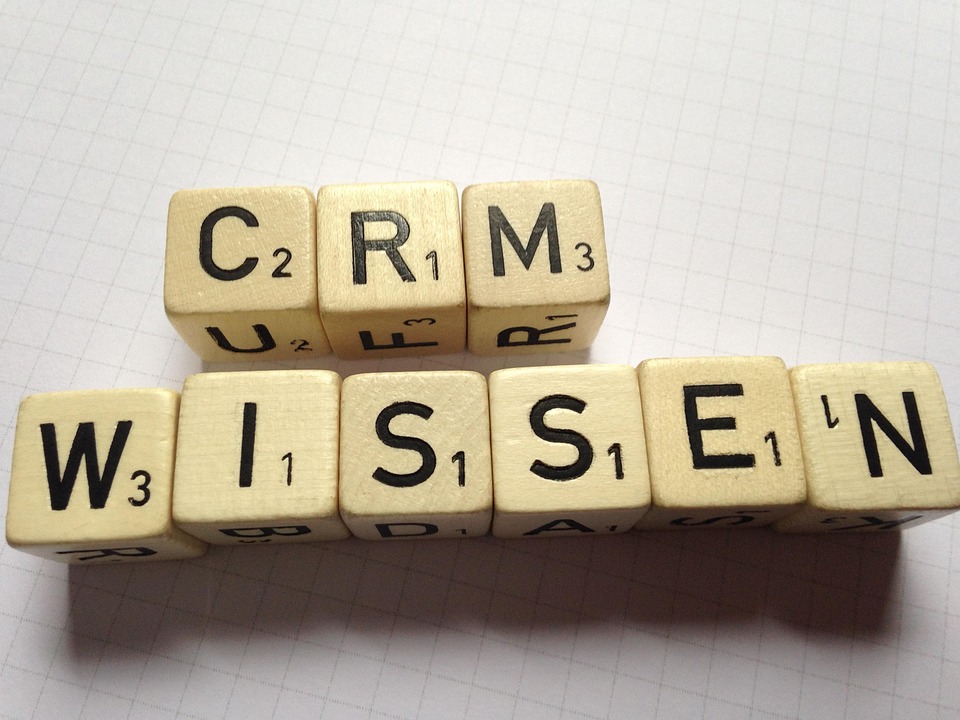What’s the Best CRM for Small Business?
Struggling with your small business’s customer interactions? Struggling to keep up with all the leads, clients, and repeat business? You’re not alone. Many small businesses feel overwhelmed trying to manage their customer relationships manually. That’s where a CRM—or customer relationship management tool—comes in. A CRM can help streamline your business operations, improve customer retention, and turn leads into paying customers. But with so many CRMs out there, how do you choose the best one for your small business?
Let’s dive into the top CRMs for small businesses and why they’re the best.
Key Features to Look For in a CRM for Your Business
Before you jump into choosing a CRM, you need to know what to look for. A good CRM should help you manage leads, track customer interactions, automate repetitive tasks, and provide insights into your business performance. Here are some essential features to keep in mind:
- Email Marketing: The ability to send automated, targeted emails is a must. Whether it’s follow-up reminders, product recommendations, or targeted ads, email marketing can significantly boost your sales.
- Customer Data Management: A solid CRM should let you organize customer information, including names, contact details, addresses, and past interactions. This helps you stay connected with clients and provide personalized service.
- Automation Capabilities: Automating repetitive tasks like sending reminders or follow-ups can save you time and reduce errors. A good CRM should have robust automation features.
- Analytics and Reporting: Track your business performance with real-time data and detailed reports. This helps you make informed decisions and identify areas for improvement.
- Mobile Integration: If your business operates remotely or on the go, a CRM that works seamlessly on mobile devices is a must.
Top CRM Tools for Small Businesses in 2023
Now that we’ve covered the key features, let’s take a closer look at some of the best CRMs for small businesses:
1. HubSpot CRM
HubSpot is one of the most popular CRMs for small businesses. It’s affordable, user-friendly, and packed with features. Here’s why:
- Email Marketing: HubSpot offers robust email marketing tools, including email templates and automation.
- Sales and Marketing Integration: Connect your sales and marketing tools to streamline workflows.
- CX (Customer Experience): HubSpot’s CX platform helps you manage customer interactions, surveys, and feedback.
- Scalability: Perfect for growing businesses, HubSpot’s pricing plans cater to different needs.
2. Salesforce
Salesforce is another top choice for small businesses. Known for its robust features and ease of use, Salesforce is a solid option for businesses looking to manage their customer data and sales pipeline. Key features include:
- Customizable Dashboards: Build dashboards to track key metrics like sales, customer engagement, and marketing performance.
- Integration with Other Tools: Salesforce integrates with tools like CRMs, email marketing platforms, and project management software.
- Help Desk: Free help desk tools for customer support.
- Pricing Transparency: Salesforce offers flexible pricing plans, making it affordable for small businesses.
3. Zoho CRM
Zoho CRM is an affordable option that’s great for small businesses. It offers a wide range of features, including:
- Email Marketing: Create and send email campaigns with automation.
- Social Selling: Tools to help you connect with customers on social media.
- Mobile App: A mobile-friendly CRM that’s easy to use on the go.
- Price-Competitive: Zoho CRM is one of the most affordable CRMs on the market, making it a great choice for budget-conscious businesses.
4. Monday.com
Monday.com is a versatile CRM that’s perfect for small businesses. Its strength lies in its simplicity and ease of use. Key features include:
- Project Management: Organize tasks and projects with integrated due dates and reminders.
- Email Marketing: Send automated follow-ups and updates.
- Calendar: Overlap between work and personal calendars to stay organized.
- Team Collaboration: Share tasks and projects with team members.
5. Freshworks CRM
Freshworks CRM is a solid choice for small businesses that value security. It offers:
- Email Marketing: Advanced email marketing tools with segmentation and automation.
- Data Protection: Strong data protection features, which is a big plus for businesses handling sensitive information.
- Analytics: Clear insights into customer behavior and sales performance.
- Price-Competitive: Freshworks CRM is one of the cheapest CRMs on the market, making it an excellent budget option.
How to Choose the Right CRM for Your Unique Needs
Choosing the right CRM is all about your business needs. If you’re looking to improve email marketing and customer retention, Salesforce or HubSpot might be the way to go. If you’re more concerned about budget and simplicity, Zoho CRM or Monday.com could be better fits. Freshworks CRM is an excellent option if you’re worried about data security.
Remember, the best CRM is one that integrates with your existing tools, offers the features you need, and fits your budget. Take a trial or demo of a CRM to see which one works best for your business.
Final Thoughts
In the fast-paced world of small business, having the right tools to manage customer relationships is crucial. A CRM can help you stay organized, improve customer engagement, and grow your business. Whether you choose HubSpot, Salesforce, Zoho CRM, Monday.com, or Freshworks CRM, make sure it aligns with your business goals and offers the features you need.
Don’t wait any longer—take the first step today and find the best CRM for your small business. With a CRM, you can take control of your customer interactions and focus on growing your business.
